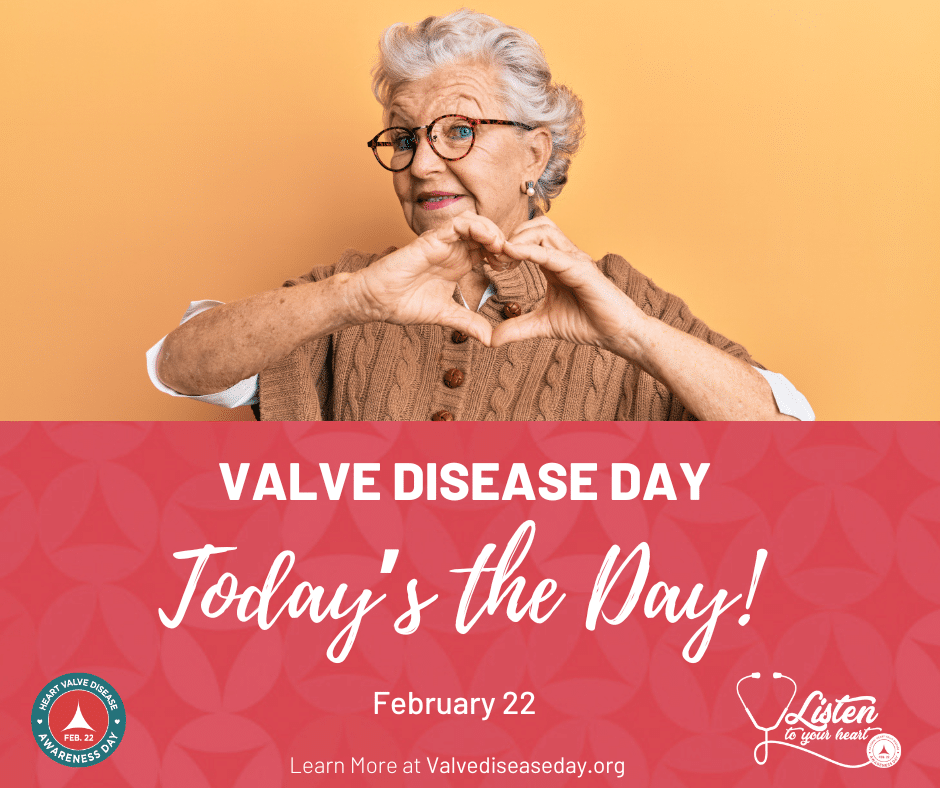Heart Disease Survivor Shares Story of Resilience in New Podcast Episode of This is Growing Old
Published February 22, 2024

Heart Valve Disease Awareness Day is February 22
Washington, DC (February 22, 2024) – Robyn Peacock was diagnosed in 2007 with an ascending aortic aneurysm that was a result of a bicuspid aortic valve. A bicuspid aortic valve is a congenital heart defect that runs in families and means that the valve has two leaflets of tissue instead of the normal three. This abnormality can go undetected for years, but usually leads to problems with the heart later in life. In Robyn’s case, it took years to get an accurate diagnosis of her heart valve disease – a journey that she shares in the latest episode of the Alliance for Aging Research’s podcast, This is Growing Old, titled, “Becoming Your Own Advocate with Heart Disease Survivor Robyn Peacock.”
“I started to get that chest tightness a little more. I started to go in for my echocardiogram every six months, and I kept thinking that it was going to be my aneurysm that was going to force the surgery,” says Robyn. “Never dawned on me that my valve was failing.”
The podcast episode, hosted by Lindsay Clarke, JD, Senior Vice President of Health Education and Advocacy for the Alliance for Aging Research, was released earlier this week in recognition of Heart Valve Disease Awareness Day.
February is Heart Month, a time to raise awareness of heart conditions and heart healthy lifestyles. On February 22, more than 125 organizations, and countless advocates and individuals across the globe will mark Heart Valve Disease Awareness Day by joining together to increase recognition about the risks of heart valve disease, improve detection and treatment, and access to ultimately save lives.
Heart valve disease affects more than 11.6 million Americans. It occurs when one or more of the heart’s four valves disrupts blood flow. With age being the most common factor that increases risk, other cardiovascular diseases and conditions such as a previous heart attack, hypertension, and high cholesterol increase risk, as well as diabetes, and heart valve damage from some types of cancer treatments. In addition, people in communities of color tend to develop heart valve disease at a younger age and need to get screened earlier. Symptoms can include: lightheadedness, an irregular fluttering heart or chest pain, tiredness, edema, or feeling “off” in general.
WomenHeart is an organization that is focused on improving the lives of women who are at risk for heart disease. WomenHeart Champions are people who share their first-hand experiences with heart diseases and provide educational information and tools to help others.
“While heart valve disease causes an estimated 25,000 deaths each year, public awareness and understanding of the condition is shockingly low,” says Clarke, adding that a survey by the Alliance found that three out of four people know little to nothing about heart valve disease, leaving too many going undiagnosed and untreated. “The good news is that while heart valve disease can be serious, early detection with a simple stethoscope check can lead to diagnoses, successful treatment, and many saved lives.“
Valve Disease Day activities involve heart screenings with stethoscopes, story sharing, educational events, social media campaigns, and more. Visit www.ValveDiseaseDay.org to learn more and access free resources (many translated in Spanish and French).
Follow #ValveDiseaseDay and #ListenToYourHeart on your favorite social media platform.
You can listen to This is Growing Old on our website or wherever you stream your podcasts, including Apple, Spotify, iHeart, Amazon Music, and many more.
About the Alliance for Aging Research
Since 1986, the Alliance for Aging Research has served as a trusted source of health information for both consumers and health care professionals on diseases and conditions that disproportionately affect older adults and has led numerous successful advocacy campaigns promoting the health and independence of older adults. Recognizing the seriousness of heart valve disease, and the fact that disease symptoms are often difficult to detect or dismissed as a normal part of aging, the Alliance is leading this effort to raise awareness through Heart Valve Disease Awareness Day. Learn more about the Alliance at www.agingresearch.org.
##
To interview someone from the Alliance for Aging Research or one of our 125 partner organizations on the topic of heart valve disease and awareness day activities, email Katie Riley, Vice President of Communications, at [email protected].
